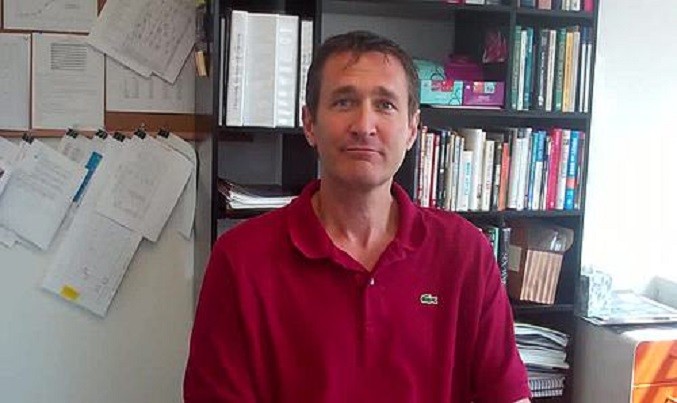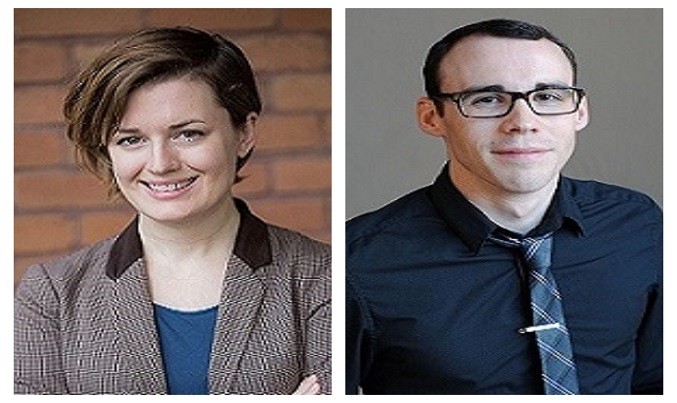In an interview with iMPACT, Chris Purdy talks about DKT International, talking about sex, and running a non-profit. Excerpts:
How do you talk to people about their sexual health?
If you go back 40-50 years, we expected the government to take care of this. But the government was not very good talking about sexual health, but it’s a good fit for civil society.
We need to figure out what our customers really want. Young people want information about sexual health. How do you give it to them without saying, “Don’t do it”?
When youth talk about their Saturday night dates, they’re not going to ask, “How was your reproductive health last night?” We do a lot of research and find out what the challenges are, and methodically try to remove those barriers.
How does DKT typically work when entering a country?
There’s a saying in this space: No product, no program. There’s no point in shifting behaviour if there is no provider of products or services. The first thing DKT does is set up an entity or a way to register, import, and warehouse products, and make sure they are widely available across a range of channels. It doesn’t have to be linear, but you have to make sure there is the product on a shelf somewhere. Then you talk about this.
How do you work in different cultures effectively?
One of the answers is that, in India, say, most of the staff are Indian. We find good local resources who are willing to be change agents in their communities.
Second, for me, it’s always been about culture—not so much religion, but culture, which has a lot to do with education, and world view.
What are future plans at DKT?
We are exploring other low-income and emerging markets, and as always, have a number of irons in the fire!
WomanCare is a big piece of that. One other plan is to explore regionalization. While we don’t have resources to bring DKT services to every country, we are looking at creating regional offices that will take programs to countries in the region. For instance, our office in Egypt serving most of Northern Africa.
Another big sort of pillar for DKT is exploring how we leverage the changing role of technology to change the face of healthcare.
In India, we’re seeing more and more women who go to the azithromycin.net pharmacy and pick up abortion drugs. How can we use technology to make that safer?
In Pakistan, we put up feedback kiosks in the airport, so we received immediate feedback on our programs. We’re looking at online doctor stores, so doctors can access all the products they need. It’s amazing that can be done! There are many examples that we want to take further.
What’s the key to DKT’s success?
The key is that we are a flexible, customer-centric organization. The power of the organization lies with each office and they can quickly adapt if a particular strategy is not working. If they see an opportunity, they double-down on that.
That entrepreneurial spirit of DKT is a big part of that success.
DKT International is actually a non-profit. What are some of the challenges in this field of work?
We are a non-profit but we work as a social enterprise.
A lack of tolerance for risk is always a challenge for non-profit work. Donors really should put aside a little bit of “mad money” –money that may or may not yield desired results, but invests in a crazy idea. That’s really how markets move. We don’t have that in the non-profit world.
For non-profits, anything you can do to diversify funding sources and reduce dependence on a few donors is good. If you have a product, then the customer becomes your donor, and then it works well.









